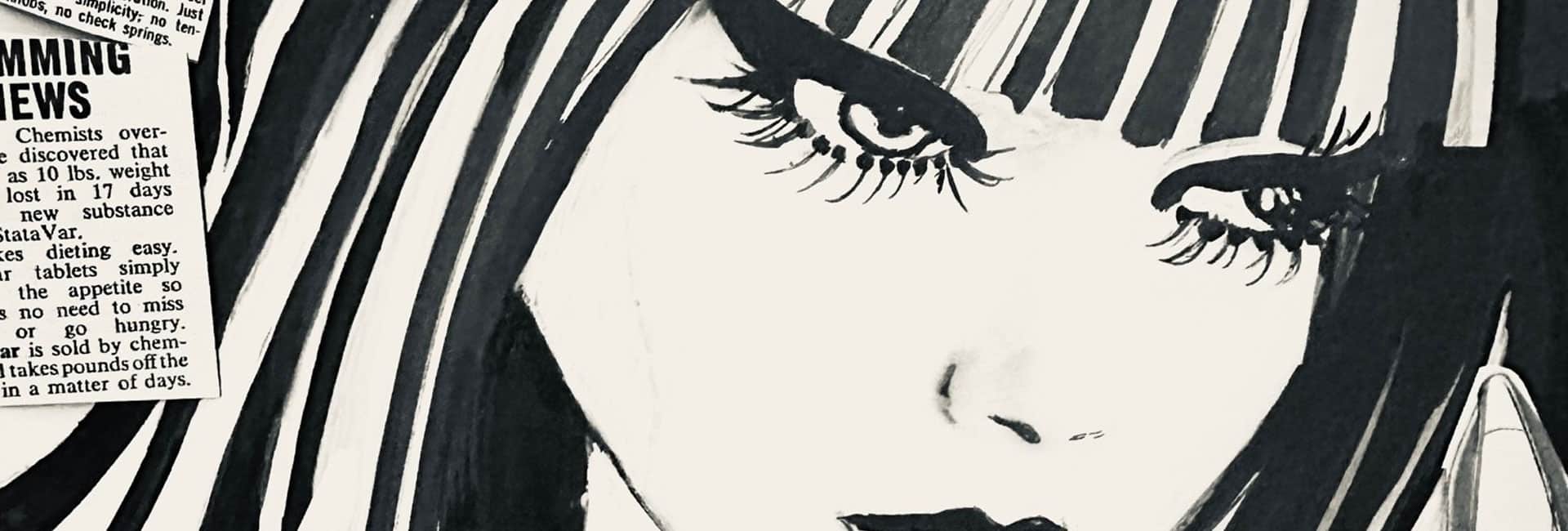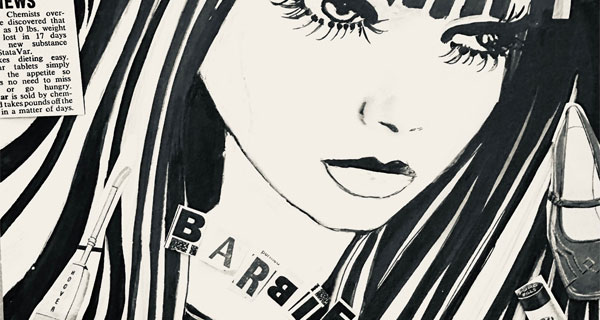
Used under a Creative Commons Licence
IP Law in Plastic – It’s Fantastic! A Mattel Masterclass in IP Law
When you think of Barbie, what comes to mind? A doll that’s shaped childhoods for decades? A pop culture icon? Or maybe a symbol of how intellectual property law shapes and protects brands in our modern world? Believe it or not, Barbie is all of these things—and more.
From her stylish wardrobe to her endless careers, Barbie isn’t just a doll; she’s a billion-dollar business protected by a fortress of IP laws. Behind her iconic smile lies a treasure trove of lessons for anyone navigating the complex world of intellectual property. Mattel’s relentless legal battles to safeguard Barbie’s identity offer not only entertainment but also valuable insights into IP law that resonate across industries—even here in Australia.
Patents: The Bild Lilli Drama
In the 1960s, Barbie’s story almost stopped before it began. Enter Bild Lilli, a German doll that bore an uncanny resemblance to Barbie. Mattel faced accusations of copying Lilli’s patented design, including her distinctive hip joint. This early patent dispute was a wake-up call for Mattel, which eventually turned the tables by acquiring Bild Lilli’s rights outright in 1964. The takeaway? Patents are powerful, but they can also change hands—and change the game.
Trade Secrets: The Battle of the Dolls
Fast-forward to the early 2000s when Bratz dolls burst onto the scene, challenging Barbie’s dominance. The twist? Bratz’s creator had been a Mattel employee. This sparked a legal showdown over trade secrets, with Mattel claiming ownership of the Bratz concept based on employment agreements. Though Mattel initially won, the tide turned, and years of legal wrangling followed. The lesson here is clear: protect your trade secrets, and know where employment agreements draw the line.
Trade Marks: “Barbie Girl” and Other Challenges
The late ‘90s gave us Aqua’s “Barbie Girl,” a satirical pop anthem that Mattel tried (and failed) to silence in court. The U.S. ruling clarified that parody, even when controversial, can be protected speech. Meanwhile, Mattel continues to fiercely guard its trademarks, with over 1,000 registrations worldwide. Yet, even giants like Mattel face hurdles; the brand’s signature pink has yet to gain trade mark protection. In Australia, such challenges remind us of the importance—and limits—of brand identity.
Copyright: Art, Critique, and “Food Chain Barbie”
One of the most eye-opening cases involved artist Tom Forsythe’s provocative “Food Chain Barbie” series, which juxtaposed Barbie with kitchen appliances to critique societal norms. Mattel’s copyright claims fell flat, as the court upheld Forsythe’s work as transformative and parodic. It was a landmark moment for fair use and creative expression, illustrating how copyright law can intersect with free speech.
Brand Reputation: Barbie in Bondage?
Even Barbie isn’t immune to adult reinterpretations. When Susanne Pitt repurposed Barbie dolls into “Dungeon Dolls,” Mattel cried foul but lost on the grounds of transformative use. The case underscored the importance of context in IP disputes. If the reimagined work isn’t competing in the same market, courts may view it as fair use.
The Big Picture
Barbie’s journey through the courts isn’t just about protecting Mattel’s profits. It’s a masterclass in leveraging IP law to build and sustain a global brand. From patents and trade marks to copyright and trade secrets, Mattel’s proactive approach keeps Barbie relevant in a fast-changing world.
How Sharon Givoni Consulting Can Assist You
At Sharon Givoni Consulting, we believe every creative idea deserves protection. Whether you’re dealing with patents, trade marks, or copyright, we can help you navigate the legal complexities to ensure your brand stays strong.
We turn ideas into assets and making legal concepts easy to understand.
Contact us to see how we can support your business.
Please note the above article is general in nature and does not constitute legal advice.
Please email us info@iplegal.com.au if you need legal advice about your brand or another legal matter in this area generally.


